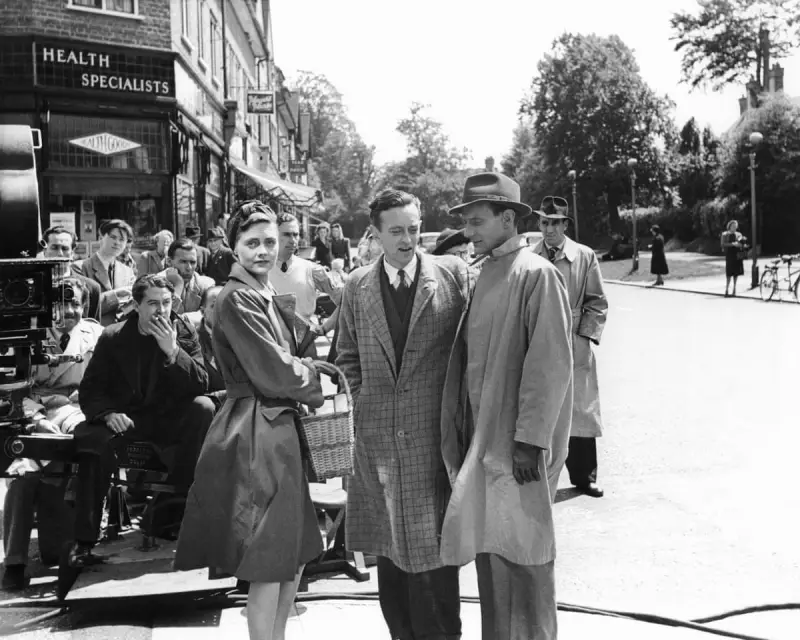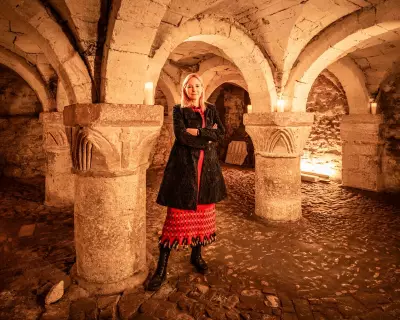
Eight remarkable decades have passed since David Lean's Brief Encounter first graced cinema screens, yet this achingly beautiful portrait of forbidden romance continues to resonate with audiences across generations. The 1945 masterpiece, born from Noel Coward's original one-act play Still Life, remains a towering achievement in British cinematic history.
The Unforgettable Love Story That Defied Convention
At its heart, Brief Encounter tells the simple yet devastating story of Laura Jesson (Celia Johnson), a respectable suburban housewife, and Alec Harvey (Trevor Howard), a conscientious doctor. Their chance meeting in a railway station tea room blossoms into a profound emotional connection that threatens to upend both their lives.
What makes their romance so enduringly powerful is not grand gestures or dramatic declarations, but the quiet intensity of stolen moments and suppressed desires. In an era governed by strict social conventions, their relationship unfolds through brief, precious encounters in railway waiting rooms and cafes, each moment charged with unspoken longing.
David Lean's Masterful Direction
Before he became celebrated for epic-scale productions like Lawrence of Arabia and The Bridge on the River Kwai, David Lean demonstrated his extraordinary talent for intimate storytelling. His direction in Brief Encounter is remarkably subtle, using close-ups to capture the minute emotional shifts in his characters' faces and Rachmaninoff's Second Piano Concerto to underscore the swelling emotions beneath their restrained exteriors.
The film's black-and-white cinematography creates a world where shadows and light mirror the moral complexities facing the central characters. Every frame feels carefully composed, every camera movement purposeful, creating a visual poetry that elevates the seemingly ordinary settings of railway stations and suburban homes into landscapes of emotional turmoil.
Why Brief Encounter Remains Relevant Today
Despite being firmly rooted in the social mores of 1940s Britain, Brief Encounter continues to speak to modern audiences about universal themes:
- The complexity of marital fidelity and the emotional costs of doing "the right thing"
- The tension between personal desire and social responsibility
- The transformative power of brief connections that can alter lives forever
- The quiet heroism of ordinary people facing extraordinary emotional challenges
The film's enduring appeal lies in its honest portrayal of love as something that doesn't always arrive conveniently or appropriately. It acknowledges that profound connections can form in the most unexpected places and times, leaving audiences to ponder what might have been.
A Lasting Legacy in British Cinema
As we celebrate 80 years since its release, Brief Encounter stands as a testament to the power of understated storytelling. It continues to influence contemporary filmmakers and remains a touchstone for romantic cinema that prioritizes emotional truth over sentimental spectacle.
For new generations discovering this classic, the film offers a window into a different era while exploring emotions that transcend time. Its portrayal of love, loss, and the roads not taken continues to break hearts and captivate viewers, proving that some stories truly are timeless.





